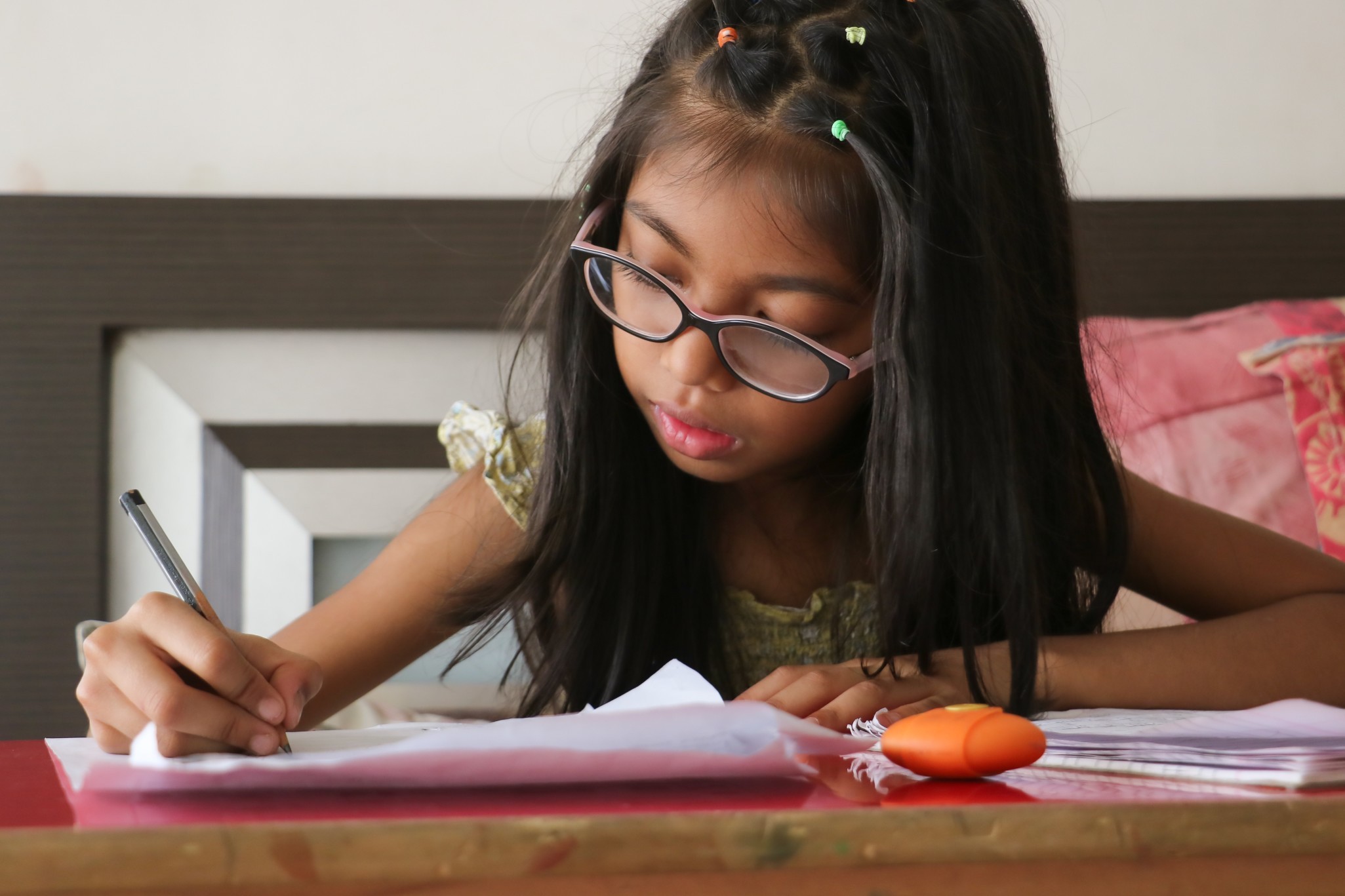A De-escalation Exercise for Upset Students
 So often we find students in a stressed or anxious state of mind. The most telltale signs are inappropriate behaviors or outbursts, negative comments, and anxiety-ridden movements such as fidgeting, leg shaking, and fist clenching. These signals should raise immediate concern and indicate to educators that a response may be needed. The goal is to guide the student to a self-regulated mindset, but how does a teacher do that?
So often we find students in a stressed or anxious state of mind. The most telltale signs are inappropriate behaviors or outbursts, negative comments, and anxiety-ridden movements such as fidgeting, leg shaking, and fist clenching. These signals should raise immediate concern and indicate to educators that a response may be needed. The goal is to guide the student to a self-regulated mindset, but how does a teacher do that?
A De-escalation technique
If you have a paraprofessional or in-class support teacher, you can ask a student who seems upset to step out into the hallway or into an area of the classroom set aside for de-escalation. Or you can do this as a whole-class starter activity for anyone who might have something worrisome on their minds. Students can either choose this de-escalation technique—thinking over their answers instead of sharing them out loud—or engage in a warm-up activity connected to the class such as completing a journal entry or worksheet.
Give the student time to regain their calm: Say, “I notice you’re really upset. Let’s work together on breathing slowly for one minute in order to manage your impulses.”
Direct the student to be aware of their thoughts and feelings: Say, “What’s going on in your brain and body right now? Tell me how you feel and what you’re thinking, and if you’re ready to focus on moving forward with getting calm.”
Have the student redirect their thoughts: Say, “Take a minute, close your eyes, breathe slowly, and think about something that makes you happy. I know you told me how much you love your grandma’s fresh-baked cookies. Think about walking into grandma’s house in a calm state of mind as you smell the cookies, taste the cookies, and feel the warmth of them right out of the oven.”
Give the student positive feedback on becoming calm: Say, “Now open your eyes. How are you feeling? If you need more time to settle down, let me know. You should feel happy and excited about your work in getting to this point.”
Give the student a little more time to refocus: Say, “Take a minute and do something for you. Go for a walk and get some air, or tell me about your baseball game the other night.”
Have the student reflect for the future: Say, “The next time you’re feeling this way and I’m not with you, what can you tell yourself in order to take charge of your thinking and behavior, and get yourself to a regulated place?”
Excerpted from “A De-escalation Exercise for Upset Students” from Edutopia. Read the full article for more details.
Source: Edutopia | A De-escalation Exercise for Upset Students, https://www.edutopia.org/article/de-escalation-exercise-upset-students | © 2020 George Lucas Educational Foundation
CHC offers free community education sessions for educators. Join us to learn practical teaching strategies you can use in your classroom to help more kids reach their promise and potential. Educator sessions are led by experienced educator/clinician teams from Sand Hill School and CHC.





